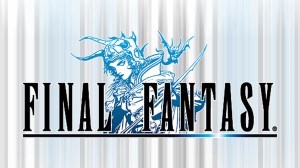In video games, being the hero is all well and good, but it’s standard fare. Sometimes you just want to see what happens when you embrace the dark side. Video games have always been the perfect space to explore those impulses without consequence, and some titles go above and beyond in letting you indulge your inner villain. It’s not just about being bad for the sake of it. In reality, it’s all about the thrill of breaking rules and seeing what exactly unfolds or results when you decide to put yourself first.
Videos by ComicBook.com
The seven games below do exactly that, with three of them coming from just one studio known for giving players freedom to play however they want. Each one offers a chance to abandon being the knight in shining armor, allowing you to lean into temptation and watch the world react when you decide to embrace villainy.
7) Dragon Age: Origins
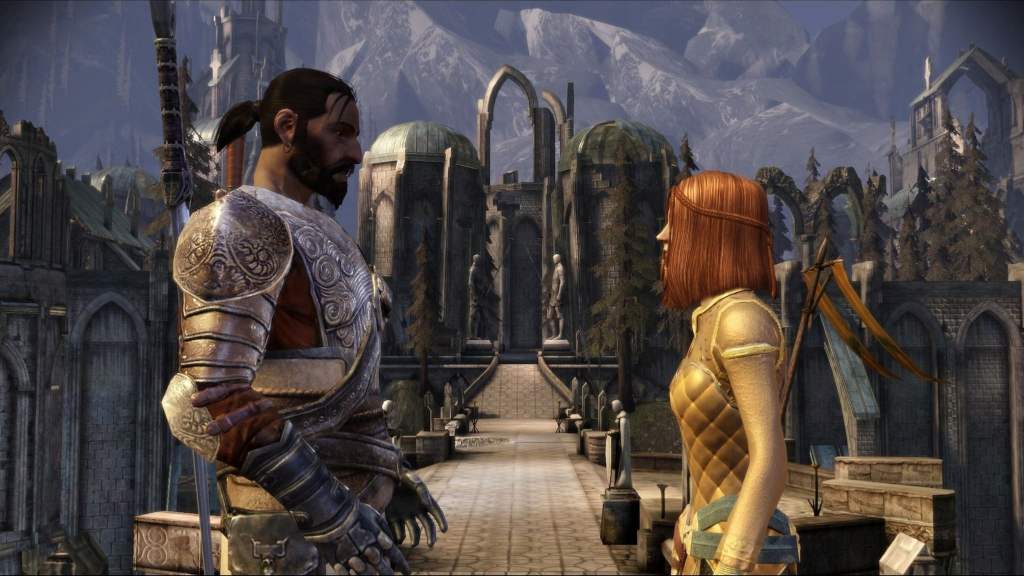
BioWare’s Dragon Age: Origins set the tone for choice-driven RPGs with its deep moral flexibility. The game is often remembered for its branching paths and party dynamics, but its darker side shines just as brightly. One infamous choice involves siding with a blood mage during a questline, turning what could have been a standard rescue mission into an act of selfish cruelty. Another involves poisoning a sacred artifact in order to weaken enemies. These decisions push you into territory where the “greater good” is nothing but an afterthought, and you get to revel in it.
The most fascinating aspect of Origins is how your party responds to your villainy. Some companions admire your ruthlessness, while others may turn against you outright. This tension makes being evil feel dangerous and alive, as if your own team could implode under the weight of your decisions. It is a rare RPG that truly lets you lean into villainy and enjoy the fallout. Origins makes the villain’s path feel like more than a novelty. It feels like an equally valid way to experience the entire game.
6) Fable Series

Few franchises wear villainy on their sleeve quite like the Fable series does. From the very first game, Lionhead Studios made morality a central mechanic, with your choices literally changing your appearance. Save villagers, and your hero glows with angelic light. Kick chickens or slaughter innocents? Your character can literally grow horns and gain red eyes. Townsfolk become utterly terrified by you and flee at first sight. Fable makes evil visible, and there is something deeply satisfying about walking into a bustling village only to have NPCs scatter in fear of what you might do next.
The beauty of Fable’s villainy lies in how it ties into everyday gameplay. You can gouge shopkeepers with inflated prices, marry only to murder your spouse for property gain, or even sacrifice companions. Absolutely diabolical. Even small choices like whether to help or mock peasants reinforce the feeling that you are shaping the world in your crude image. The charm of the series is that you never need to take yourself too seriously. Being a villain in Fable is often cartoonish or downright sinister, but usually both, depending on how you lean into the system. Few games celebrate such wickedness with the theatrical flair as Fable, and the series remains beloved for how it makes crime and villainy such an entertaining option.
5) Baldur’s Gate 3
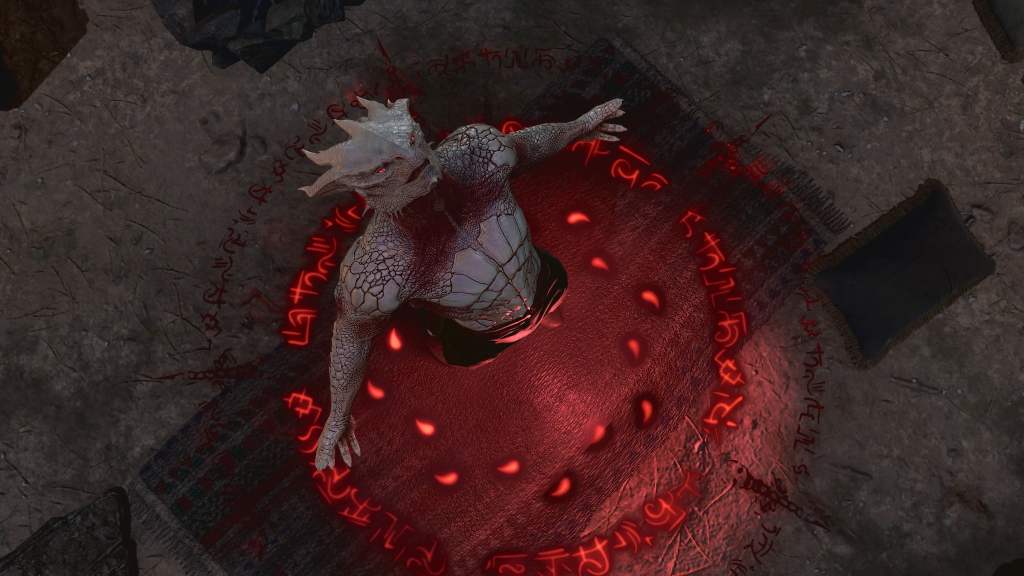
Larian Studios’ Baldur’s Gate 3 has become one of the most celebrated RPGs of the last decade, and a large part of that comes from the freedom it gives players. While many take the noble route through its story of mind flayers and celestial struggles, the game fully supports diving headfirst into villainy. It’s not all about being cruel for cruelty’s sake either. The world literally bends in response to your darker choices, creating ripples that completely reshape the narrative.
What makes Baldur’s Gate 3 so rewarding for villain play is its respect for consequences. If you align with Shar or the Absolute, companions may leave or plot against you, but others will thrive under your control. The city of Baldur’s Gate itself changes depending on who you kill or protect. Larian has crafted a narrative web that does not seek to punish you for choosing evil. Instead, it masterfully offers a full-fledged alternative path, something almost no other video game, let alone RPG, has ever done. Playing the villain feels just as rich as playing the hero, and in some cases even more interesting, because the tension of holding power over friends and enemies alike adds weight to every decision. You become the looming threat, and that plays out in wild and shocking ways for the game’s narrative.
4) Fallout: New Vegas
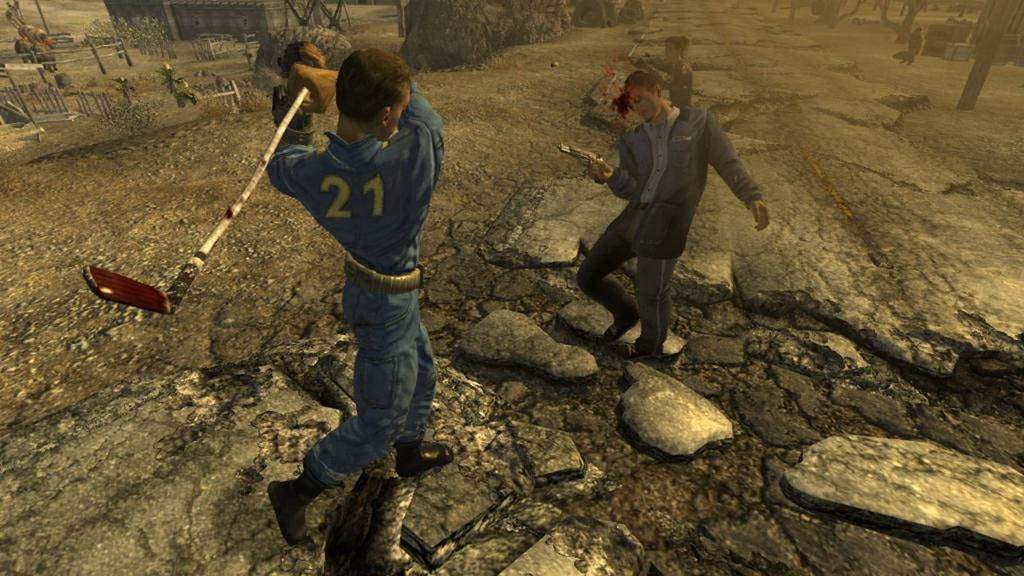
Obsidian’s Fallout: New Vegas is a masterclass in moral ambiguity, and it gives players plenty of room to embrace the villain role. Set in the Mojave Wasteland, your courier can throw in with factions like Caesar’s Legion, a brutal slaver empire that rules through fear and violence. Aligning with them immediately casts you as a tyrant in the eyes of most wastelanders, but the Legion rewards loyalty with power and control. Few games let you embody the role of a cruel conqueror as convincingly as this one.
Beyond faction alignment, New Vegas thrives on smaller choices that let you be as selfish or malicious as you like. The sheer scale of freedom ensures that villainy does not feel like a single path but an entire playstyle. Perhaps you want to crush the Mojave under the Legion’s boot, or maybe you want to seize power for yourself by becoming the ultimate autocrat. Either way, New Vegas ensures that playing the villain feels natural and deeply integrated into its branching narrative. It is a sandbox where villainy can take many shapes, from tyrant to opportunist to outright monster. And with a setting all about nukes, well, let’s just say you’ll have your opportunity.
3) Mass Effect Series
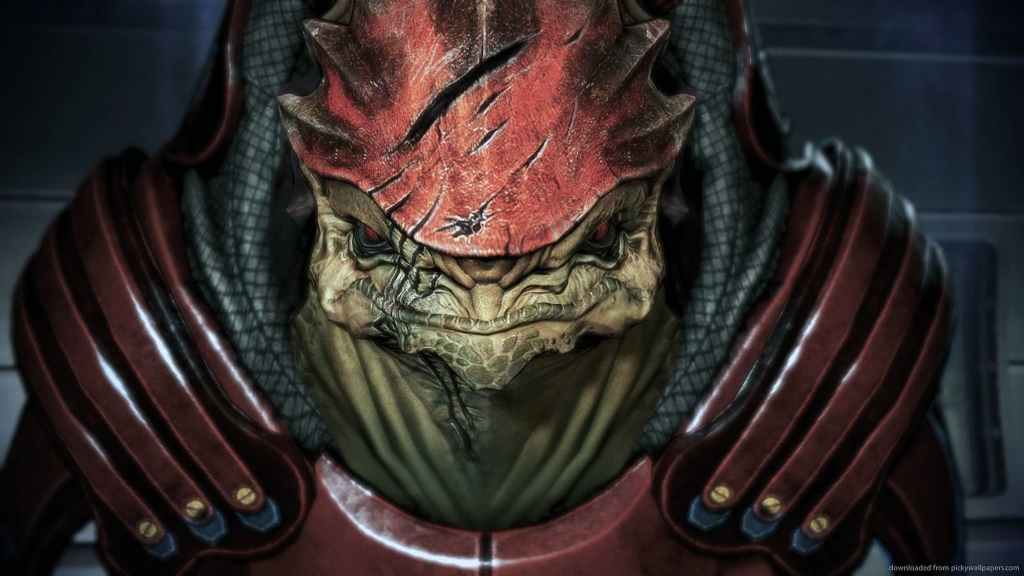
Another BioWare classic, the Mass Effect series gives players the ability to play Commander Shepard as either a Paragon or a Renegade. While the Paragon path emphasizes compassion and diplomacy, acting as a Renegade lets you act ruthlessly to achieve your goals. Renegade Shepard can hilariously punch reporters and make cold, calculated decisions that sacrifice many for the survival of a few. This darker side is a fully realized character arc where being feared is as valid as being respected, all for the greater good.
Mass Effect shines in how companions and the galaxy at large respond to your villainy. Some crew members admire your brutal efficiency, while others become uneasy or openly challenge you. Renegade Shepard is not mindlessly evil like some other villainy on this list; instead, they embody a form of villainy that prioritizes results at any cost. The Renegade path is a reminder that villainy can wear the face of pragmatism, and it makes for some of the most unforgettable moments throughout the series.
2) Divinity: Original Sin 2
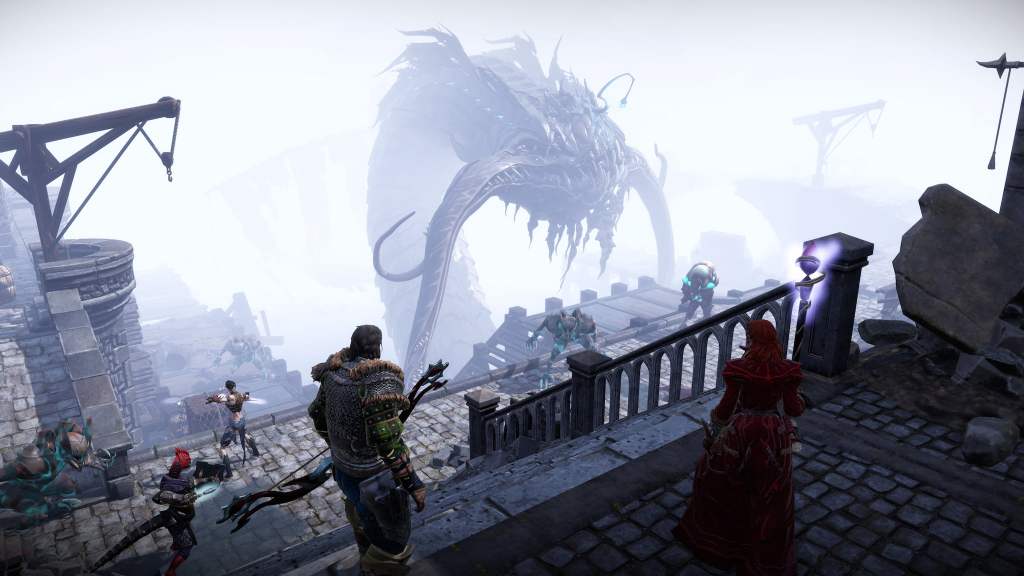
Divinity: Original Sin 2 is another Larian masterpiece, and like Baldur’s Gate 3, it fully embraces freedom of choice. You can play as a tyrant who manipulates companions, betrays factions, and pursues godhood with little regard for anyone else. The game thrives on letting you break its systems, whether that means murdering NPCs for loot, sabotaging quests for your own gain, or double-crossing allies at the most dramatic moments. Villainy in Divinity is not just allowed, it is actively supported by the game’s design.
What makes Original Sin 2 special is how it frames villainy as part of the larger struggle for divinity. Every major character in the narrative is clawing for some scrap of power, and if you choose to embrace your darker side, the game makes you feel like a true contender in that race. Your story can culminate in you claiming ultimate power for yourself. Few RPGs make being selfish and cruel feel this rewarding, and the fact that the systems never break under the weight of your decisions makes it all the more satisfying. Villainy here is not an afterthought but a pillar of how the game invites you to play.
1) Star Wars: Knights of the Old Republic Series

No discussion of villainy in games would be complete without Star Wars: Knights of the Old Republic. BioWare’s legendary series gives players one of the most iconic morality systems ever, letting you walk the path of the Light or fully embrace the Dark Side of the Force. Choosing the dark side meant not only wielding powers like Force Lightning but also twisting companions to your will and reshaping galactic events around your cruelty.
The true brilliance of KOTOR’s villain path is the eventual plot twist reveal of your character’s true identity, and how that ties into the larger story. Embracing the dark side mutates what could have been a traditional redemption arc into one of domination and betrayal. Your actions ripple through the galaxy, often changing the fate of companions and even the Republic itself. Few games make being the villain feel so narratively complete, and even decades later, KOTOR stands as one of the greatest examples of how to let players truly embrace evil. It remains a timeless example of how villainy can define not just your character but also the entire narrative in large.
What do you think? Leave a comment below and join the conversation now in the ComicBook Forum!







